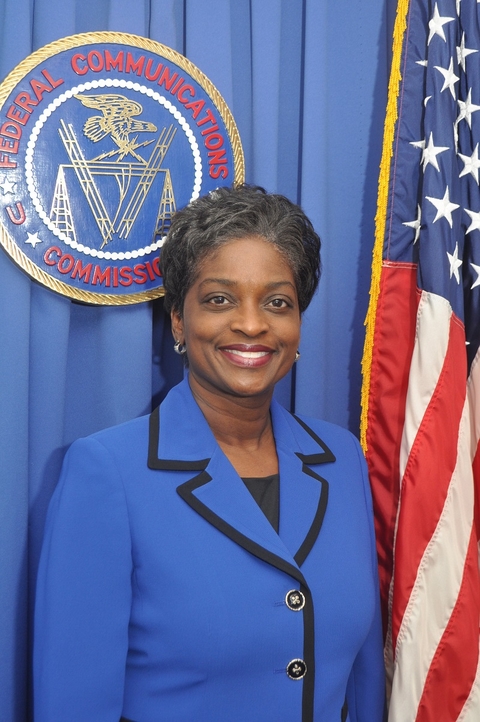The FCC’s Broadband Deployment Advisory Committee (BDAC) has become a source of growing controversy, with FCC Commissioner Mignon Clyburn calling out the committee for a lack of community say in issues like managing municipal broadband networks.
Clyburn said in her prepared remarks for the BDAC’s fourth meeting that the group favors large service providers over municipalities when it comes to broadband growth.

“While I am continuing to review each of the filed reports, I believe I must say it is regrettable that the concerns of localities do not appear to have been fully addressed,” Clyburn said. “Additionally, while I appreciate the BDAC’s acknowledgement that public-private partnerships may provide solutions to bridge those divides, I noticed that there was an expressed preference for industry over municipalities in broadband deployment efforts.”
Clyburn added that the BDAC's single method of broadband expansion won’t apply to the unique needs of every community.
“As I have said many, many times before, one size does not fit all, and private industry infrastructure investments do not always flow to communities that are most in need,” Clyburn said. “Therefore, I will continue to ask for municipalities to be allowed to deploy a broadband network, if that best suits the needs of the people they are elected and appointed to serve.”
Under the model code, BDAC claims that the “preference of the State is that municipal Broadband networks be built, owned, and operated by private industry.”
Instead, BDAC has encouraged public/private partnerships between ISPs and local communities. These public-private models would have municipalities look at five options to provide broadband services: private-led investment with public assistance, balanced public-private partnerships, open access network approaches, public-led contracting, and fully public-funded and operated networks.
Clyburn is not alone in her criticism of BDAC. Just last week, San Jose Mayor Sam Liccardo resigned from the BDAC over claims that the organization is giving large service providers like AT&T and Verizon free rein to install network facilities at the expense of communities' best interests.
Liccardo told local media outlets that the BDAC’s recommendations would “steamroll cities” in favor of giving service providers easier access to infrastructure such as utility poles and public rights of way. He cited a draft model law that would give states broader power to streamline the permitting process to install small cells regardless of a city’s interest.
